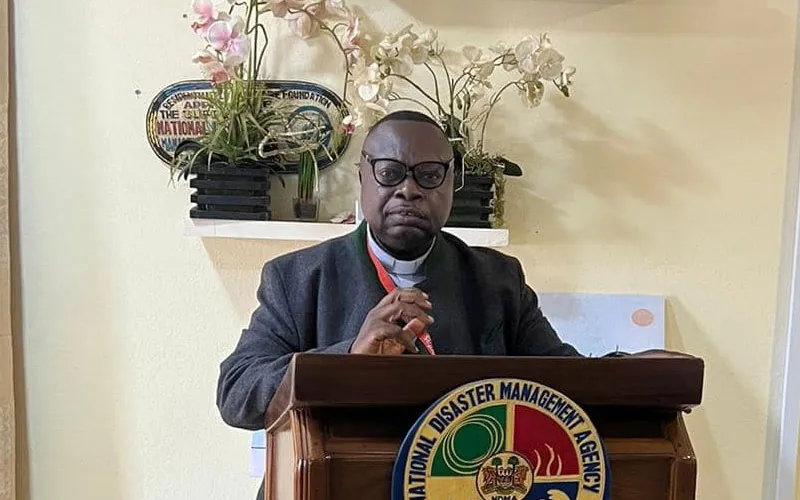Freetown, 09 January, 2023 / 9:00 pm (ACI Africa).
The Executive Director of Caritas Freetown in Sierra Leone has called on authorities in the West African country to respect the people’s right to express themselves freely, even as the country continues to fight hate speech.
In a reflection sent to ACI Africa, Fr. Peter Konteh underlines the need to create an environment in which people can freely express their opinions, especially on the things that they feel are not working.
“A balance must be kept between fighting hate speech on the one hand and safeguarding freedom of speech on the other hand. People have a right to express their opinions on things that are not right; things that are not just. But you can express all this without creating hate,” Fr. Konteh says in the reflection shared on January 7.
“What we are saying here is not to suppress the freedom of speech wherein people have their right to give their opinion of what is not going well in our society,” he says, and adds, “While we campaign against hate speech, we also encourage that people should not be suppressed when they express themselves.”
According to the official of the development office of the Church in Freetown, any restriction on hate speech should not be misused to silence minorities or to suppress criticism of official politics, of political opposition, or religious belief.








